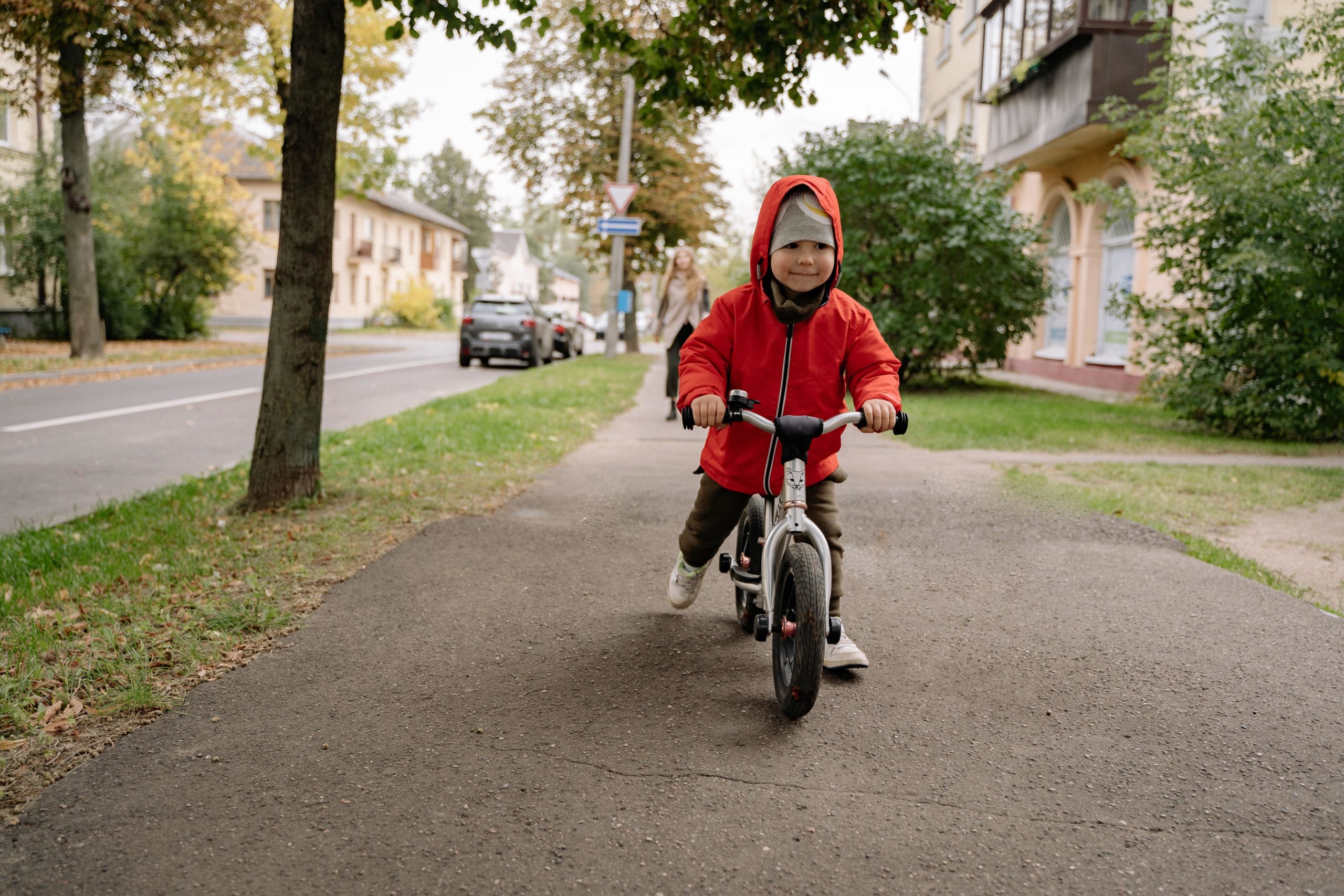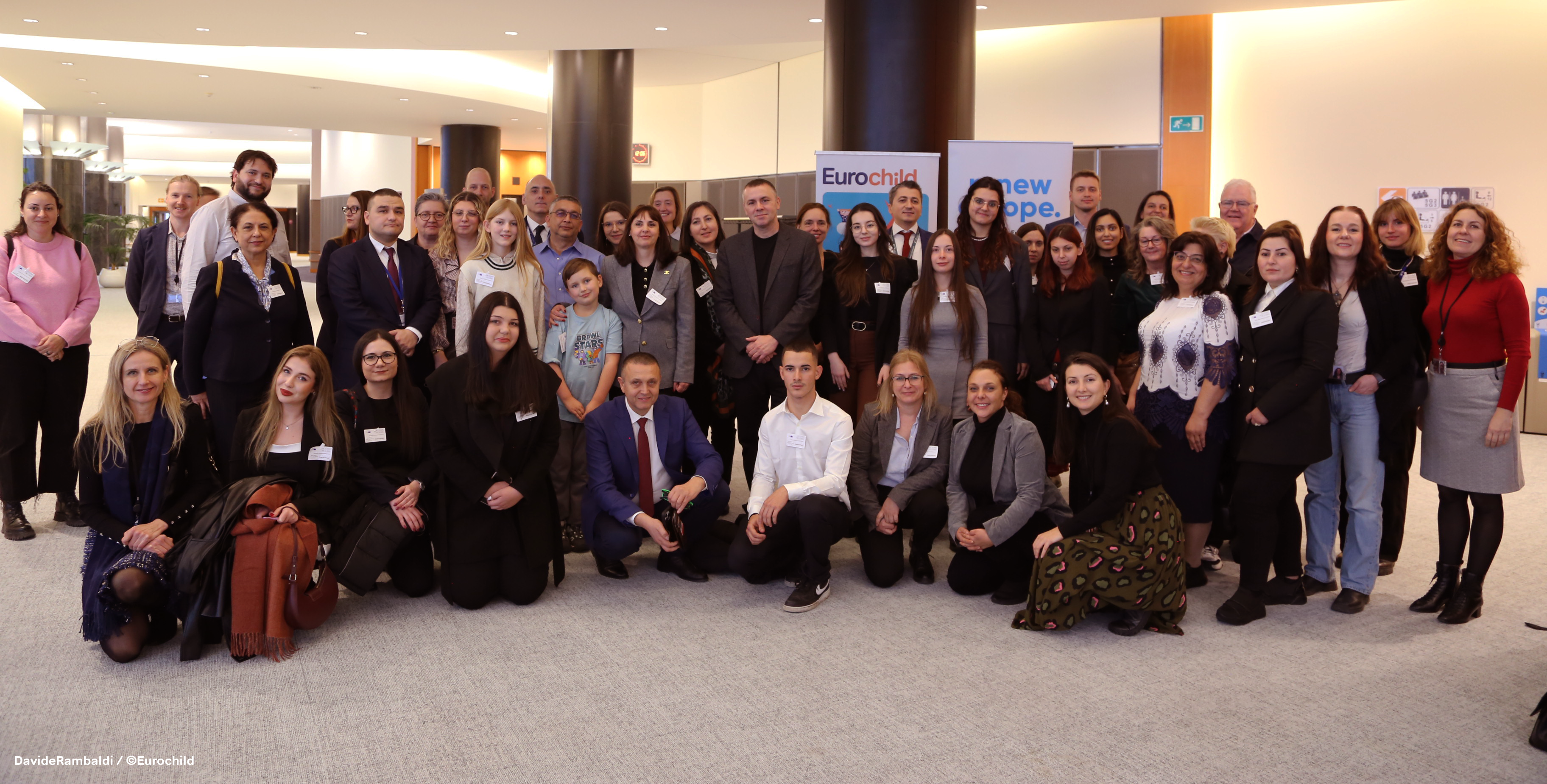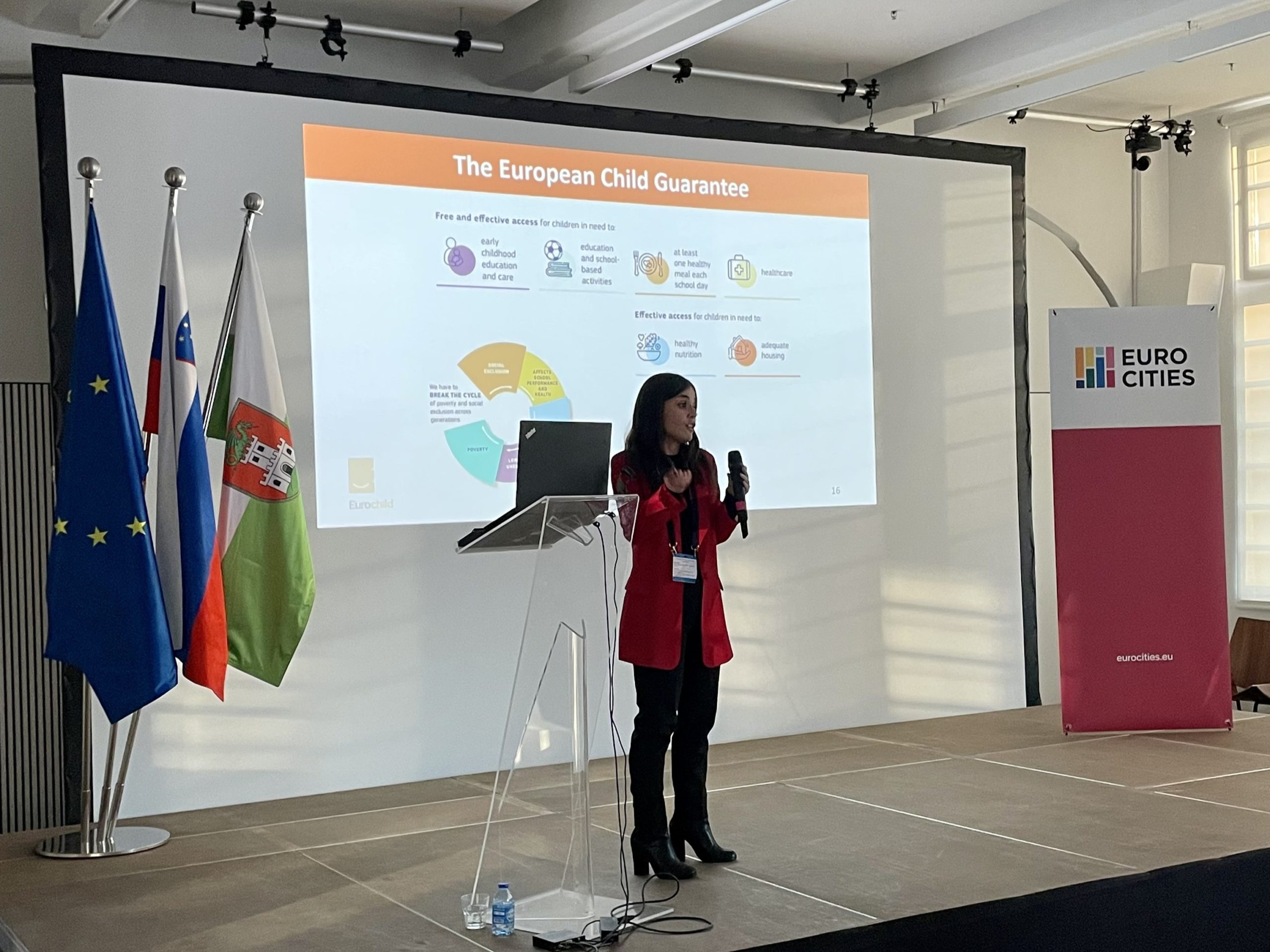Implementing the Child Guarantee in Germany: what's needed?
Eurochild member, DKHW, recently published a new report on the European Child Guarantee highlighting key issues for the National Action Plan form a children's rights perspective.
Poverty and social exclusion are two issues that are deep-rooted in Germany, as they are elsewhere. In fact, 1 in 5 children in Germany is affected by poverty and despite the country's good economic development, child poverty has stagnated at this high level for almost two decades.
Poverty has a multidimensional impact on children’s lives, development, and future opportunities. Children and young people growing up in poverty are often particularly subject to disadvantage and social exclusion. Against this background, it is gratifying that the new federal government has set itself the goal of enabling equal opportunities for all children and young people and combating child poverty and related social exclusion, within the framework of a social Europe.
By effectively implementing the European Child Guarantee, the Federal Government can contribute significantly to embedding the right of all children to grow up well. At the same time, it contributes to the implementation of the EU Strategy on the Rights of the Child and the UN Convention on the Rights of the Child (UNCRC), to which Germany committed itself thirty years ago.
In order for the European Child Guarantee to have an impact in Germany, the draft of the National Action Plan should be based off a holistic view of the fight against child poverty and focus on precarious living situations, enabling real participation of children and young people, developing cross-ministries coordination and involving civil society, municipalities and Länder in the development of the plan.





